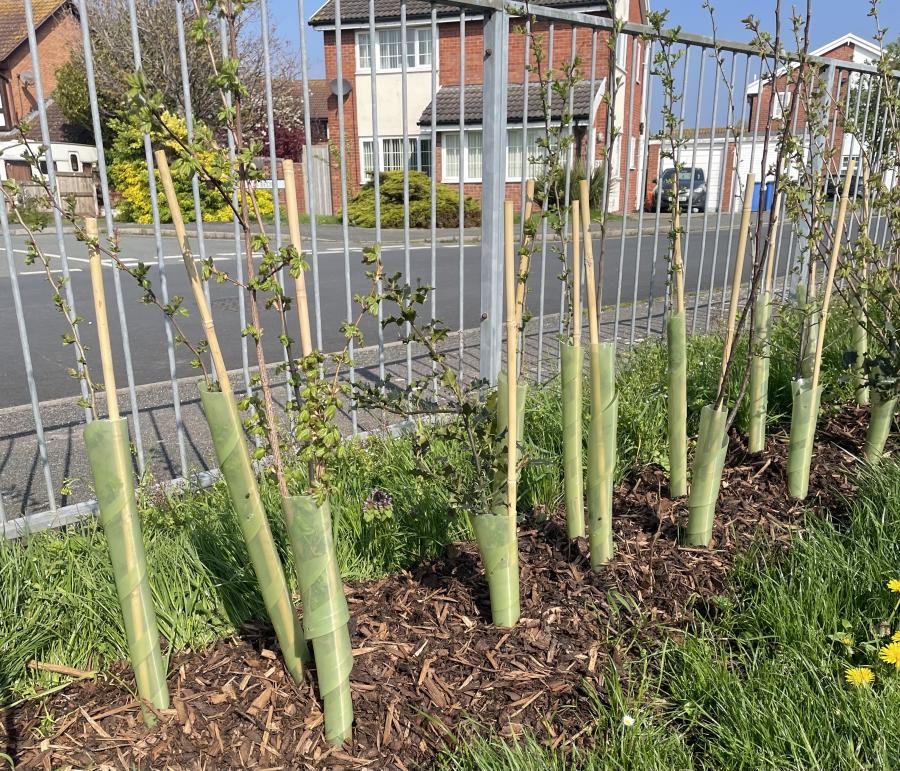Places of Climate Change 2023 Seminars
We used a mixed-methods approach informed by Actor-Network Theory (and grounded in new materialism) to better understand the importance of local residents’ cultural connection(s) to specific places on the coast. We hope this knowledge will help to predict people’s likelihood to support or resist planned landscape changes.
Rice breeding has contributed to a steady increase in global grain production over the past 50 years. The emphasis has recently shifted from improving yield to broader adaptations to environmental stresses and resistance to pests and diseases. A new rice variety brings benefits to rice farmers and other beneficiaries in the supply chain. Improvement of aromatic rice varieties is a major priority in many rice growing countries because their market value is compared to non-aromatic ones. Basmati rice started as a local speciality in the Punjab and has now become a global commodity. Breeders in India and Pakistan are developing new Basmati lines, many of which could be marketed internationally. Regulators have approved specific varieties which can be sold labelled as Basmati and set a limit for the quantity of non-Basmati permitted within Basmati products. This presentation will draw from my experiences of DNA fingerprinting Basmati rice for authentication and breeding and discuss policy issues surrounding its purity.

Date: Wednesday, 12th December
Time: 12:10pm – 1:00pm
Location: Online (Teams)
Contact: Dr Corinna Patterson
While climate change happens globally it is felt locally, in the places where we live and to which we feel attached. Place-based approaches are therefore crucial for effective climate mitigation. In this seminar I report relevant insights about community engagement and perceptions of local climate action, gained through two short projects: one analysing grassroots climate action and the other of top-down interventions.
In the first half of the talk I will discuss a recent collaborative study with GwyrddNi, a movement of social enterprises working together to empower communities to deliver the actions needed to tackle the climate emergency. Our study addressed the social and communicative dynamics around community assemblies including associated challenges and how academic support can help establish best practices through research collaboration.
Next, discussion will turn to the recent project in partnership with the UK Centre for Ecology & Hydrology and Denbighshire County Council, which examined community perceptions of new greenspace interventions in Rhyl by inviting residents to share their thoughts about environmental changes in their neighbourhood.

I will discuss the ways in which climate engagement can be improved by tapping into localised community discourses and cultural heritage, weaving climate action into broader community narratives that are anchored in place attachment and concern for the locality and people’s ‘home patch’. Future work will address the generalisability of these findings across localities, identifying generic principles that motivate and empower communities to engage.
